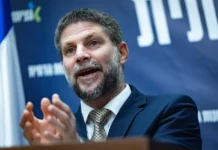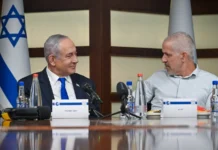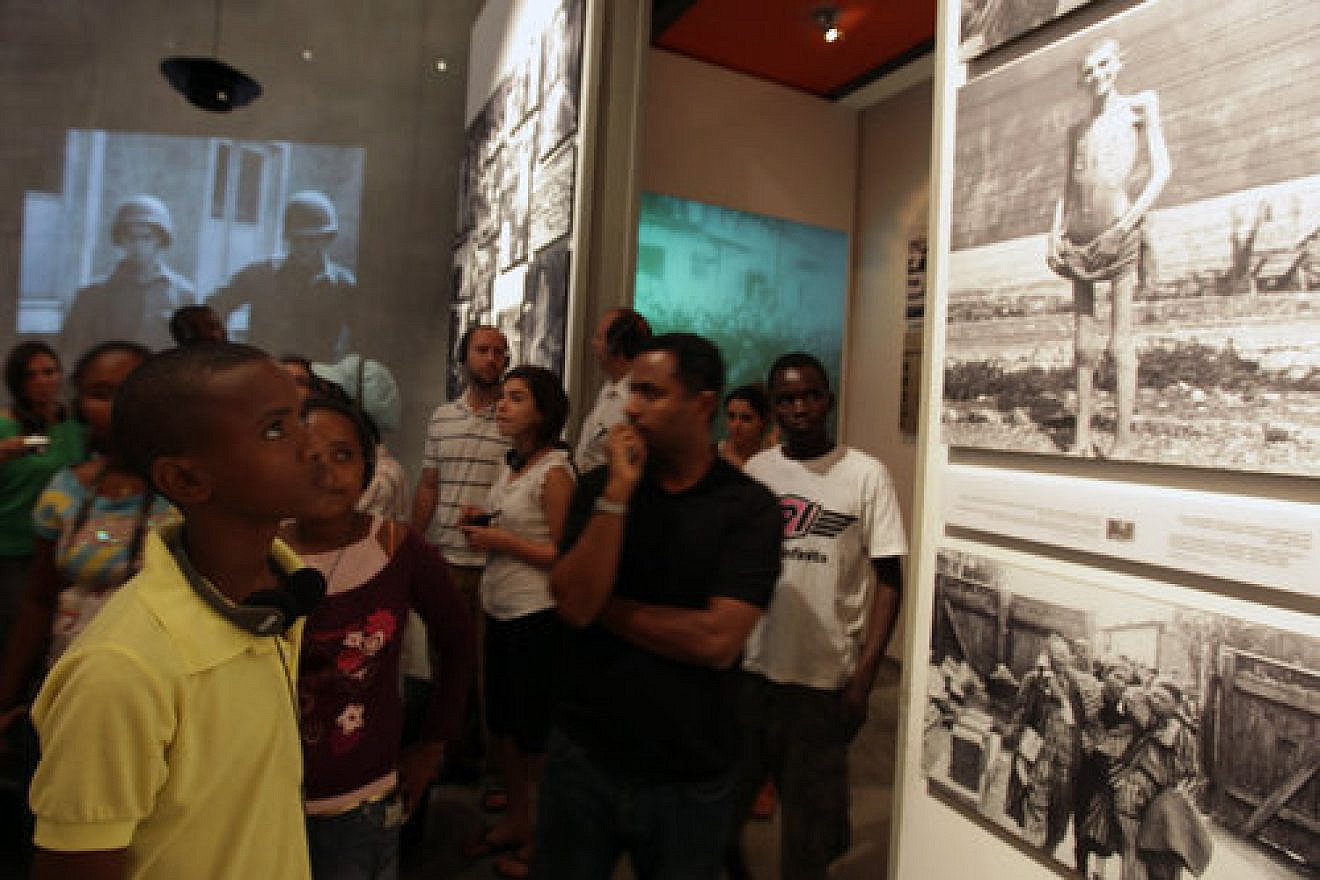Across the country, angry protesters have been blocking highways, heckling political leaders and setting up tent encampments on college campuses, all to protest a non-existent genocide.
But when a real genocide is unfolding, nobody’s interested.
New York Times columnist Nicholas Kristof reported last week that genocide appears to be erupting again in the Sudanese region of Darfur. “Some of the same Arab forces responsible for the genocide in the 2000s are picking up where they left off,” Kristof writes. “They are massacring, torturing, raping and mutilating members of non-Arab ethnic groups—the same victims as before—while burning or bulldozing their villages.”
There’s an unmistakable racist element to the persecution, Kristof emphasizes: “Arab militias mock their victims as ‘slaves’ and taunt them with racial epithets—the non-Arabs are often darker skinned. The militants seem to be trying to systematically eliminate non-Arab tribes from the area.”
It’s actual genocide—mass atrocities, motivated by racism, in a region where over 200,000 people were slaughtered just 20 years ago. Yet all the activists who have been yelling at Israel suddenly seem to have lost their voices. Why?
A clue may be found in a troubling episode that took place back in 2010. That year, the head of the Palestinian Authority, Mahmoud Abbas, publicly praised Sudanese president Omar al-Bashir, who was under indictment by the International Criminal Court on charges of genocide and crimes against humanity in Darfur. In a letter to Bashir, Abbas wrote that he had “complete faith in [Bashir’s] wisdom,” and pledged “complete willingness to stand with Sudan in everything it wants and in the way it wants.”
My colleagues and I at the David S. Wyman Institute for Holocaust Studies thought it might make an impression on Abbas if he were to receive a letter of protest from American Jews who had been active in supporting the campaign for a Palestinian state. Perhaps he would take them seriously, since they had been so helpful in promoting his cause.
We contacted thousands of potential signatories. Not one official of any Jewish peace organization was willing to sign. One prominent figure replied that he was “too busy” to look into the matter. Others refused to join on the grounds that such a protest would embarrass Abbas and therefore could hurt the chances for creating a Palestinian state.
In the end, just 19 peace activists agreed to sign. Nineteen. Out of thousands. For the rest, even Abbas’s embrace of a perpetrator of genocide was excusable. All that mattered to them was protecting Abbas’s public image.
The organizers of today’s protests over Gaza likewise seem much more interested in their narrow agenda than the lives and rights of human beings, whether in Darfur or even in Gaza. If they really cared about Gazans, they would have been protesting against Hamas’s fascist dictatorship years ago. The only reason they’re yelling about Gaza now is that it’s an opportunity to yell at Israel.
That’s why they won’t be setting up tent cities for Darfur any time soon. The Darfurians who are being “massacred, tortured, raped and mutilated” have the misfortune of being victims of Arab persecution—and for the demonstrators on American campuses, talking about Arab persecutors might distract from all the negative attention they have helped focus on Israel.
For the same reason, don’t expect any of the campus protesters or highway-blockers to take an interest in any other struggles for “self-determination”—such as that of the people of New Caledonia, a French colony near Australia. The New York Times reported last week that the indigenous people of New Caledonia are demanding self-determination, but France refuses. The French don’t want to give up an island they have been exploiting for the past 170 years. It’s literally a case of white colonialists suppressing the self-determination of dark-skinned native people. Yet all the American campus protesters who supposedly oppose colonialism are silent—because speaking out for self-determination for the New Caledonians won’t hurt Israel.
It’s not just Darfur and New Caledonia. How about Saudi Arabia? The same day’s Times also reported that the Biden administration is still trying to negotiate an agreement that would give Saudi Arabia nuclear power and create a Palestinian state. Just four years ago, President Biden said the Saudi regime should be treated as a “pariah” because it dismembered one of its leading critics. And last summer, the Times reported that the Saudis had massacred hundreds of African migrants—and that the Biden administration tried to cover up when it learned of the killings.
You would think that the campus protesters would be outraged about that. Not so. They call the president “Genocide Joe” only if it hurts Israel. Covering up Saudi massacres and mutilations doesn’t hurt Israel—in fact, ignoring Saudi atrocities might facilitate a deal with the Saudis that would create a Palestinian state. So once again, the campus activists have nothing to say.
A final word on this tragic state of affairs, from Danielle Haas, a senior official of Human Rights Watch, who recently resigned out of disgust at that organization’s extreme anti-Israel bias. After 13 years as editor of its annual reports, she came to the conclusion that HRW’s outrage “depends not on human-rights principles, but on who is being abused and who is being accused.” That seems to be true for the tent protesters and highway-blockers, too—as demonstrated by their indifference to the plight of the genocide victims in Darfur, the suppressed people of New Caledonia and the massacred migrants in Saudi Arabia.
Originally published by The Jewish Journal.


























